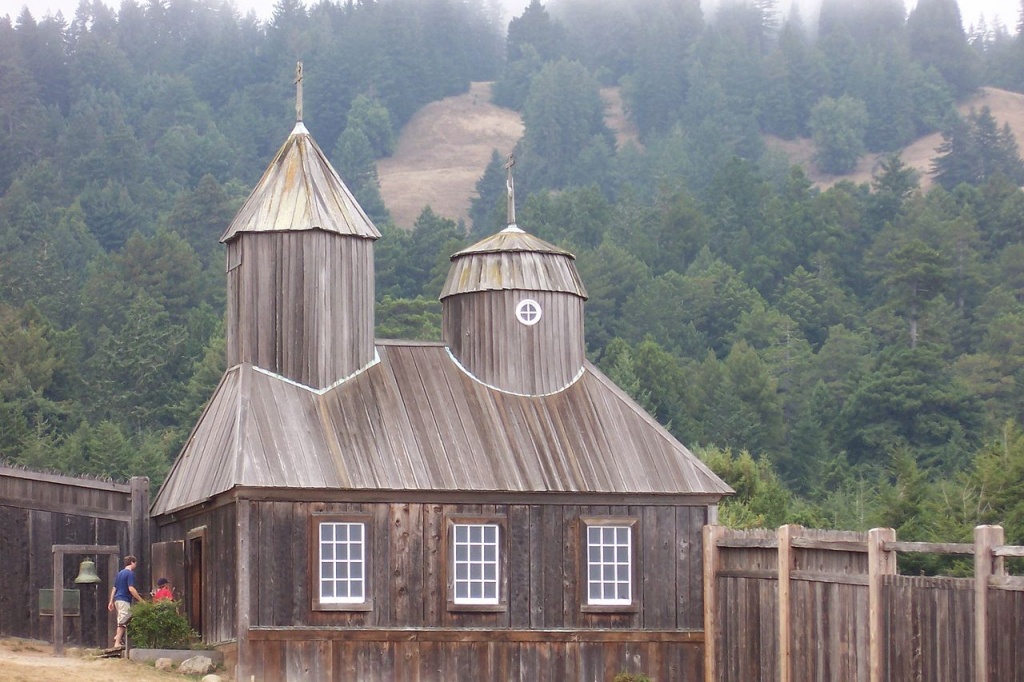
The first Russian settlement at Fort Ross celebrates 205 years
/ Главная / Russkiy Mir Foundation / News / The first Russian settlement at Fort Ross celebrates 205 yearsThe first Russian settlement at Fort Ross celebrates 205 years
16.03.2017

Very first Russian colony settlement located on the Northern California coast 2.5 hours north of today’s San Francisco, celebrates its 205 years' anniversary.
Fort Ross was built in 1812 by Russian-American Company that was exporting otter pelts for the Alaskan fur trade market, and other goods.
Despite the sale of the land with the fortress Ross in 1841, many descendants of Russian colonists still live there. It passed through different private hands after being sold. It was primarily used as a ranch, so the remaining historic buildings fell into disuse. The only original building still standing there is the Rotchev House. Few other buildings were reconstructed, such as the chapel, the stockade, the Kuskov House,
Since 1906 Fort Ross is the property of California State Parks. Ministry of Defence representative Maxim Alekseev informed that last year during the grave certification 130 graves were registered.
Fort Ross Conservancy CEO Sarah Sweedler assured that employers of her institution put the major effort into preserving historical park, and it was designated National Historic Landmark status .
There are many cultural events in Fort Ross; 150,000 tourists are visiting this place every year.
Russkiy Mir
News by subject
Publications

 Mikhail Kalatozov, a director who transformed the world of cinematography in many ways, was born 120 years ago. He was a Soviet film official and a propagandist. Above all, he was capable of producing movies that struck viewers with their power and poetic language.
Mikhail Kalatozov, a director who transformed the world of cinematography in many ways, was born 120 years ago. He was a Soviet film official and a propagandist. Above all, he was capable of producing movies that struck viewers with their power and poetic language.